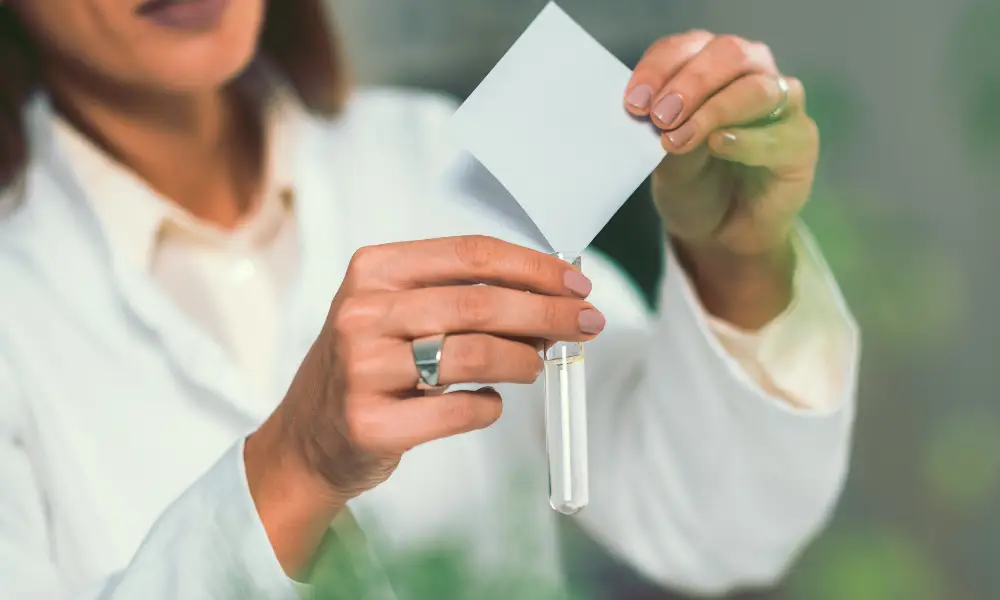Menopause, a natural phase in a woman’s life, marks the end of her reproductive years. As more individuals seek alternative approaches to healthcare, homeopathic treatment has gained significant attention for managing menopausal symptoms. In this article, we will explore the basics of homeopathy, specific remedies for menopause, and the benefits of adopting a comprehensive approach to wellness.
Contents
Understanding Homeopathic Treatment 
Homeopathic treatment is a form of alternative medicine that was developed in the late 18th century by Samuel Hahnemann, a German physician. The central concept of homeopathy revolves around the idea that the body can heal itself, and homeopathic remedies aim to stimulate this inherent healing power. Homeopathic treatments are prepared by repeatedly diluting a substance and vigorously shaking it (a process called potentization). The goal is to create a remedy that retains the energetic essence of the original substance without the material presence of the molecules. It’s essential for individuals considering homeopathic treatment to consult with qualified healthcare professionals and make informed decisions about their healthcare.
Symptoms Of Menopause
Menopause is a natural biological process that marks the end of a woman’s reproductive years and typically occurs in the late 40s or early 50s, although the age of onset can vary. Menopause is defined as the absence of menstrual periods for 12 consecutive months. The period leading up to menopause is called perimenopause, during which women may experience various symptoms. Common symptoms of menopause and perimenopause include:
- Irregular Menstrual Cycles
The menstrual cycle may become irregular, with variations in the length of the cycle and the amount of flow. - Hot Flashes
Sudden and intense feelings of heat, are often accompanied by sweating and rapid heartbeat. Hot flashes are a hallmark symptom of menopause. - Night Sweats
Hot flashes that occur during the night, leading to excessive sweating and disrupted sleep. - Sleep Disturbances
Changes in sleep patterns, including difficulty falling asleep or staying asleep. - Mood Swings
Fluctuations in mood, which can include irritability, anxiety, and feelings of sadness. - Vaginal Dryness
Reduced moisture and lubrication in the vaginal area, leading to discomfort and pain during sexual intercourse. - Decreased Libido
Some women may experience a reduced interest in sexual activity during and after menopause. - Weight Gain
Changes in metabolism and hormonal fluctuations may contribute to weight gain, particularly around the abdomen. - Thinning Hair
Hair loss or thinning, is often related to hormonal changes. - Changes in Skin
Menopause can lead to changes in the skin, such as dryness, thinning, and increased susceptibility to wrinkles. - Joint Pain
Some women may experience joint pain and stiffness during menopause. - Memory and Concentration Issues
Some women report difficulties with memory and concentration, although the impact varies.
It’s important to note that not all women will experience these symptoms, and the severity and duration can vary widely.
Homeopathic Remedies For Menopause

Homeopathic remedies are often chosen based on an individual’s specific symptoms and overall constitution. It’s important to consult with a qualified homeopathic practitioner to determine the most suitable remedy for your particular case. Here are a few homeopathic remedies that are commonly considered for menopausal symptoms:
- Sepia: This remedy is often recommended for women experiencing hot flashes, irritability, and a sense of indifference or detachment. It may also be suggested for vaginal dryness and reduced libido.
- Lachesis: Women who experience hot flashes, particularly with a sensation of heat that rises upward, may find relief with Lachesis. It is also suggested for women with a tendency towards emotional expression and talkativeness.
- Sanguinaria Canadensis: This remedy is often considered for women experiencing intense hot flashes, especially those that are accompanied by headaches. The heat tends to be more focused on the top of the head.
- Pulsatilla: Pulsatilla may be recommended for women who have mood swings, weepiness, and a desire for open air. It is often suggested when symptoms vary and are influenced by emotional factors.
- Natrum Muriaticum: This remedy is considered for women experiencing symptoms like hot flashes, especially when accompanied by feelings of sadness, grief, or an overall sense of emotional suppression.
- Ignatia: For women who are emotionally sensitive and may experience mood swings, anxiety, or sadness during menopause, Ignatia may be suggested.
- Lycopodium: Women experiencing digestive issues, such as bloating and gas, along with hot flashes and mood swings, may find Lycopodium helpful.
Remember that individual responses to homeopathic remedies can vary, and what works for one person may not work for another. It’s crucial to consult with a healthcare professional, preferably a qualified homeopath, who can take a detailed case history and recommend a remedy tailored to your specific symptoms and overall health.
Benefits Of Homeopathic Treatment For Menopause 
The perceived benefits of homeopathic treatment for menopause may include:
- Individualized Approach: Homeopathic practitioners often take a comprehensive and individualized approach to treatment. They consider not only the physical symptoms but also the emotional and mental aspects of the person, tailoring remedies to the individual’s unique constitution.
- Symptom Relief: Some women find that homeopathic remedies help alleviate specific symptoms associated with menopause, such as hot flashes, mood swings, and sleep disturbances.
- Side Effects are Minimal: People generally consider homeopathic remedies safe with minimal risk of side effects because they are highly diluted substances. This can be appealing to individuals who are concerned about the potential side effects of conventional medications.
- Complementary Approach: Some individuals use homeopathic remedies alongside conventional treatments, viewing homeopathy as a complementary approach to manage symptoms and improve overall well-being.
- Placebo Effect: The placebo effect is a psychological phenomenon where a person experiences symptom relief due to their belief in the effectiveness of a treatment, even if the treatment itself may lack scientific evidence. For some individuals, the act of taking homeopathic remedies may provide a sense of control and contribute to a positive placebo response.
It’s crucial to approach homeopathic treatment with a realistic understanding of its limitations and to consult with qualified healthcare professionals, including conventional medical practitioners, for a comprehensive assessment and guidance. Menopausal symptoms can vary widely among individuals, and what works for one person may not work for another. Before pursuing homeopathic treatment, individuals should discuss their symptoms, concerns, and treatment options with their healthcare provider to make informed decisions about managing menopause.
Conclusion
In conclusion, homeopathic treatment offers a unique and personalized approach to managing menopausal symptoms. With minimal side effects, a holistic focus, and individualized treatment plans, it stands as a viable option for women seeking alternatives to conventional therapies. Empowering women through knowledge and addressing common misconceptions ensures informed decision-making during this significant life phase.
If you are facing menopause related issues, menopause treatment at HerMantra can help. Book your free trial online menopause treatment session now.




